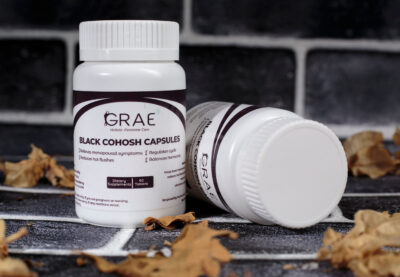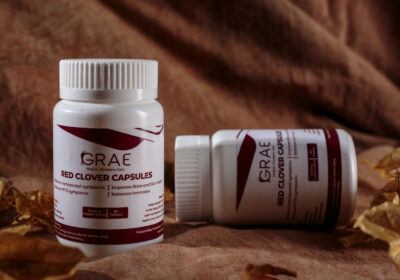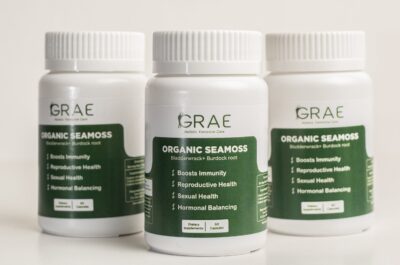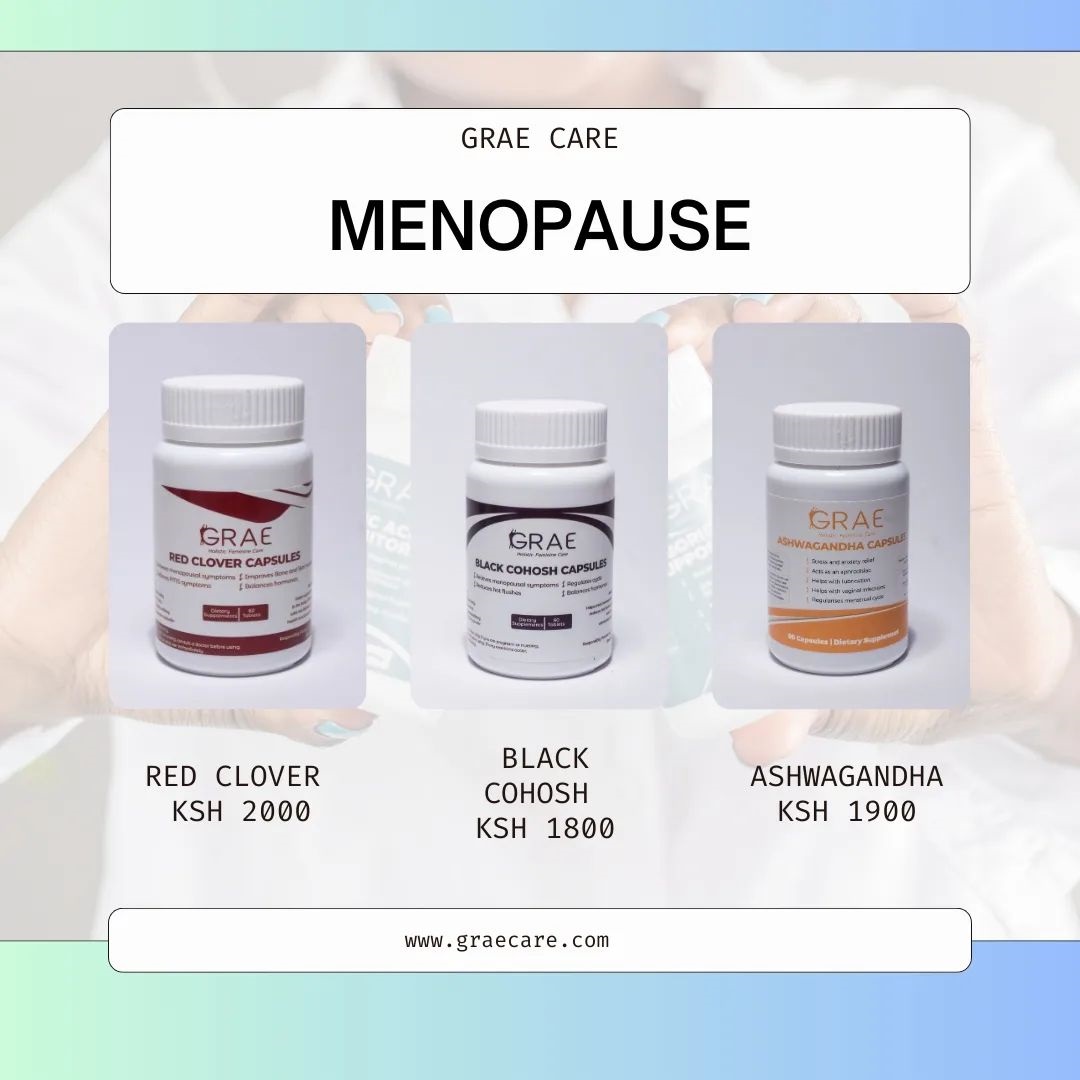Your cart is currently empty!
Menopause is a natural biological process that occurs in women typically between the ages of 45 and 55, marking the end of menstruation and fertility. During menopause, the body undergoes several hormonal changes, primarily involving a decrease in estrogen and progesterone production by the ovaries.
Here are some of the key changes that occur to a woman during menopause
Menstrual Changes
Menstrual periods may become irregular, with cycles becoming shorter or longer. Eventually, menstruation stops altogether.
Hot Flashes
Many women experience hot flashes, sudden feelings of warmth that can cause sweating and flushing of the skin. These can vary in frequency and intensity. These can also come in the form of night sweats.
Vaginal Dryness
Decreased estrogen levels can lead to thinning and drying of the vaginal tissues, causing discomfort during sexual intercourse and an increased risk of urinary tract infections.
Mood Swings
Hormonal fluctuations during menopause can lead to mood swings, irritability, anxiety, and depression in some women.
Sleep Disturbances
Changes in hormone levels can disrupt sleep patterns, leading to insomnia or frequent awakenings during the night.
Bone Density Loss
Estrogen helps maintain bone density, so decreased estrogen levels during menopause can lead to bone loss and an increased risk of osteoporosis.
Changes in Body Composition
Some women may experience weight gain, particularly around the abdomen, due to changes in metabolism and hormonal fluctuations.
Changes in Libido
Decreased estrogen levels can lead to a decrease in libido or sexual desire for some women.
Skin Changes
Estrogen helps maintain collagen levels in the skin, so decreased estrogen can lead to thinning, dryness, and loss of elasticity in the skin.
Hair Changes
Some women may experience thinning of the hair or changes in hair texture during menopause.
Supplements to help women with menopausal changes
It’s important to note that menopause is a highly individual experience, and not all women will experience the same symptoms or severity of symptoms. Additionally, while menopause marks the end of fertility, it does not necessarily mean the end of sexual activity or enjoyment of life. Many women find relief from symptoms through lifestyle changes, hormone replacement therapy, or other medical treatments.
How these supplements help with menopausal symptoms
Black cohosh

Black cohosh is a popular herbal supplement that is often used to help alleviate menopausal symptoms, particularly hot flashes and night sweats. While the exact mechanism of how black cohosh works is not fully understood, it is believed to have estrogenic effects, meaning it may mimic the activity of estrogen in the body, although it doesn’t contain any actual estrogen.
Here are some ways black cohosh may help with menopausal symptoms:
- Reducing hot flushes and night sweats
- Reducing irritability and improving mood
- Helps with insomnia and improves sleep quality
- Supports hormonal balancing reducing vaginal dryness
- Improves bone health and reduce risks of osteoporosis
Red clover

Red clover is another herbal supplement that is commonly used to alleviate menopausal symptoms, particularly hot flashes and night sweats. It contains compounds called isoflavones, including genistein and daidzein, which are phytoestrogens. Phytoestrogens are plant-based compounds that have estrogen-like effects in the body, although they are much weaker than the estrogen produced by the human body.
Here’s how red clover may help with menopausal symptoms:
- Red clover behaves like oestrogen. The isoflavones in red clover bind to estrogen receptors in the body, exerting mild estrogenic effects. This can help compensate for the decrease in estrogen levels that occurs during menopause, potentially reducing hot flashes, night sweats, and vaginal dryness.
- Improves bone and skin health
- Improves mood, reduce irritability and promotes better sleep.
Ashwagandha

Ashwagandha, also known as Withania somnifera, is an adaptogenic herb that has been used in traditional Ayurvedic medicine for centuries. While research on its specific effects on menopausal symptoms is limited compared to other herbs like black cohosh and red clover, there are several ways in which ashwagandha may potentially help alleviate certain menopausal symptoms:
- Helps reduce stress by lowering cortisol levels
- Helps improve mood
- Helps reduce anxiery
- Helps reduce insomnia and improve the quality of sleep
- Helps iIncrease libido
Seamoss

Seamoss, also known as Irish moss or carrageenan moss, is a type of seaweed that has gained popularity as a nutritional supplement due to its rich content of vitamins, minerals, and other bioactive compounds. While there isn’t specific research on seamoss and its effects on menopausal symptoms, it is believed to offer several potential benefits that could help manage some of these symptoms:
- Rich in nutrients to support the body during menopause
- Helps balance hormones
- Anti-inflammatory Properties reducing joint pains and fatigue
- Helps improve bine health are reduce risks of oesteoporosis
- Skin Health by providing skin with extra nutrients and collagen
- Seamoss is rich in iron and other nutrients that are important for energy production
Menopause is a step women must go through in their lifetime. While we cannot escape it, we can find a way to go through it without suffering through it. These supplements are not meant to replace healthy lifestyle choices such as health and exercise.

